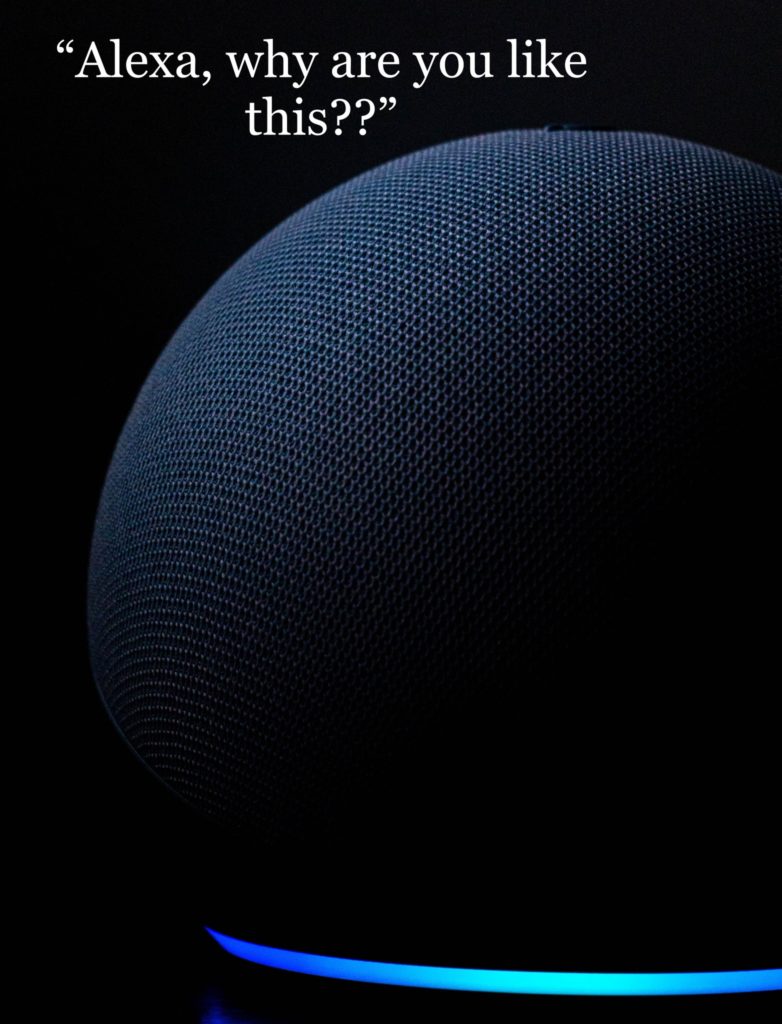I read a post in one of my favorite facebook groups the other day that made something so incredibly clear to me, that I sometimes struggle to put into words clearly enough for other parents and professionals to understand. So, I’m hoping to share that with you.
(The group is called The B Team, run by Lives in the Balance. It’s a group for understanding and moving through the Collaborative/Proactive Solutions process laid out by Dr. Ross Greene in his books, i.e., “The Explosive Child” and “Raising Human Beings” and “Lost At School”. All the books are about the Collaborative/Proactive Solutions process, they just give different types of examples of using the process to collaboratively solve problems with children. If you don’t know about those books or that problem-solving process, that’s a great resource for you! But I digress.)
The person explaining it was Zaidee Martin — who puts an immense amount of time into moderating that group and helping break things down with such incredible patience and wisdom. The topic of conversation was robot helpers — like Alexa and Siri. I think it could also apply to any and all inanimate objects…it’s just more noticeable with ones that talk back to you, or are supposed to be doing something! A Roomba or the self-checkout-line-machine might also fall into this category.
Sometimes, for example, I’ll ask Alexa to time how long I’m cooking something. And when the timer starts going off, I’ll say “Alexa, stop the timer.”
Sometimes Alexa doesn’t hear me say that. Sometimes Alexa will get confused and think I want to *start* a timer. Sometimes Alexa will pause the beeping timer to ask me what I said, and then go right back into beeping again.
Sometimes I can laugh this off, but sometimes I get mad at it.
(…someone might also get mad at a Roomba for getting stuck or for giving false error messages…or mad at the self-checkout-line-machine for blathering on about the bagging area…or mad at Siri for waking up and asking you to repeat that when you didn’t say anything to summon her…)
These things are just programming. They aren’t people; they are incapable of doing something “defiant”, or doing something “to make you mad”. All they do is literally respond to their programming. But sometimes we get frustrated with them anyway.
That is an indicator of OUR mindset, not anything about the robot. It’s an indicator that we’re a little tapped out right then. Or we’re in a rush, trying to get something done and this thing is supposed to be helping but instead it’s slowing us down. Or we were already pre-annoyed about something else and this is just one more annoyance. Or we’re hungry, or tired, or overstimulated, or, or, or…
Yet when the same thing is applied to children (or just relationships with other people), this is harder to keep in mind.
We start externalizing our interpretation of the situation. It’s not just that WE are frustrated, it’s that THEY are BEING FRUSTRATING.
But a child crying and “carrying on”…might elicit a response of empathy in their adults. Might elicit a response of annoyance from their adults. Might elicit a response of fear or overwhelm from their adults. Why? The crying and carrying on is exactly the same. It’s the story the adult is telling themself in their head, their interpretation of the situation, that is different.
That is a big responsibility and it’s also very empowering! It means that the story you are telling yourself in your head is a huge, important part of how the situation goes.
Sometimes it means you can shift from “She’s being terrible” to “She is overwhelmed” or “She’s disobeying me” to “She’s not ready to do this without physical help yet”. Sometimes you might not be able to get from totally unhelpful to totally rainbows-and-sunshine…maybe you can just land somewhere in the middle ground, like going from “He’s being a jerk” to “I’m exhausted and overwhelmed and he needs more than I can give him right now”, which, at very least, is anhonest story to be telling yourself about the situation, and if you can start from an honest point, then you can find more honest solutions.




